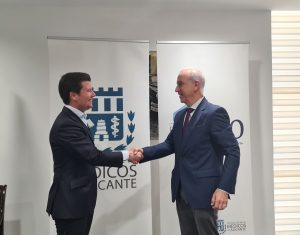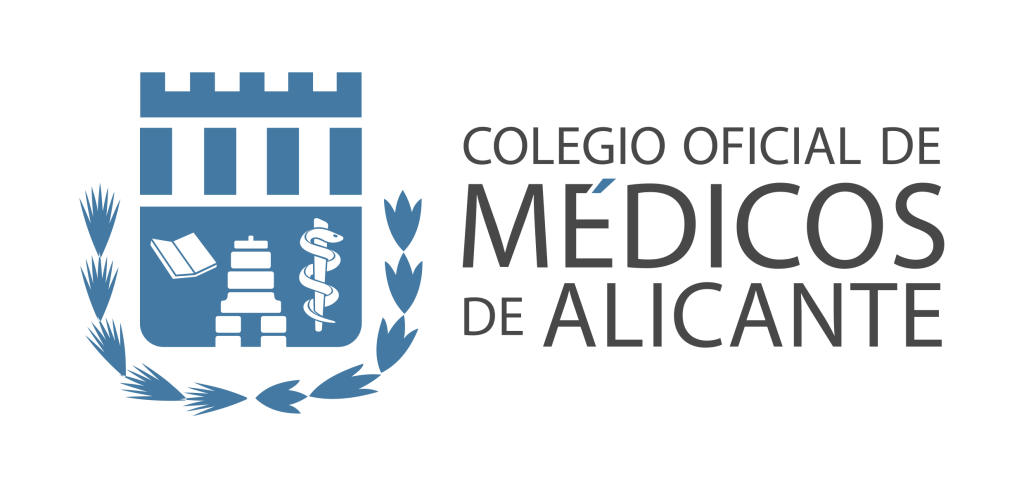Liz Parrish was assailed by doubts about diseases in human beings when her son was diagnosed with type 1 diabetes. This eventually led her to submit to an internationally pioneering gene therapy which is showing how the conditions associated with age can be combatted. Thus, she is considered to be the “patient zero” of an unprecedented process that she is developing from BioViva Science, the biotechnology company she leads. This experimental case, which has not been validated or backed by any international scientific organisations, has been presented at the Longevity World Forum, the international congress on healthy aging that is being held for the second time in Valencia.
Specifically, the gene therapy received by Liz Parrish focuses its action on telomerase, which improves genomic stability, reduces senescence and may even prevent cancer, follistatin, which increases and improves muscle mass and reduces frailty, and klotho, an enzyme that optimises brain functions and eliminates the damage caused by oxidative stress, as the CEO of BioViva Science herself explained. Furthermore, she has announced that in 2020 work will begin with the PGC-1alpha protein, since they believe that it may help in the treatment of dementia and Parkinson’s disease.
The last day of the Longevity World Forum, focused on the social and economic aspects of longevity and on the proven guidelines for healthy aging, was completed with presentations by Maria Entraigues Abramson, Global Outreach Coordinator of SENS Research Foundation (USA); Álvaro Pascual-Leone, professor of Neurology at the Harvard Medical School (USA); María Trinidad Herrero Ezquerro, Professor of Anatomy of the University of Murcia and director of the Aging Research Institute of Murcia; and Pedro Almaida, doctor of the Chronobiology group of the University of Murcia; among other speakers.





